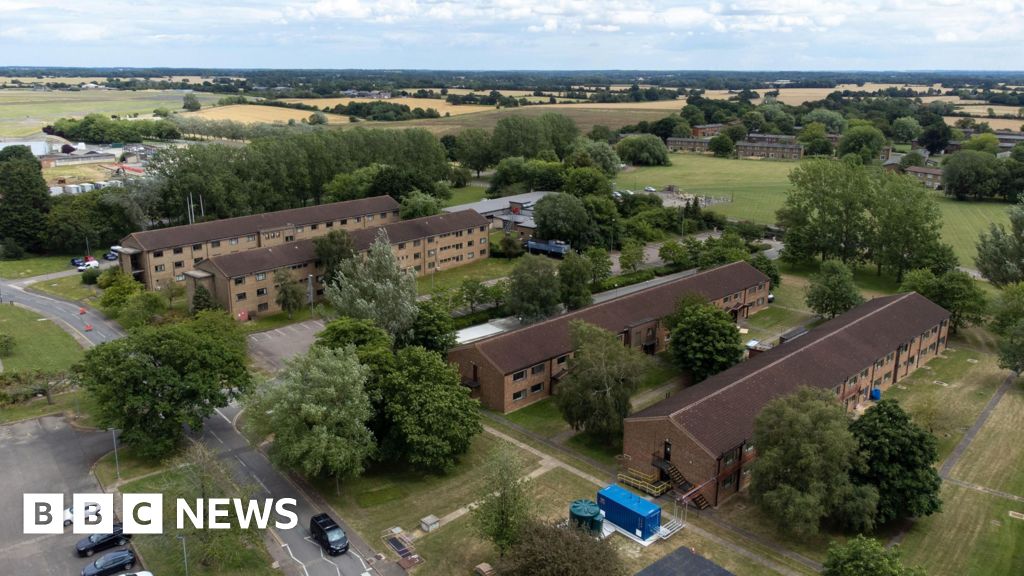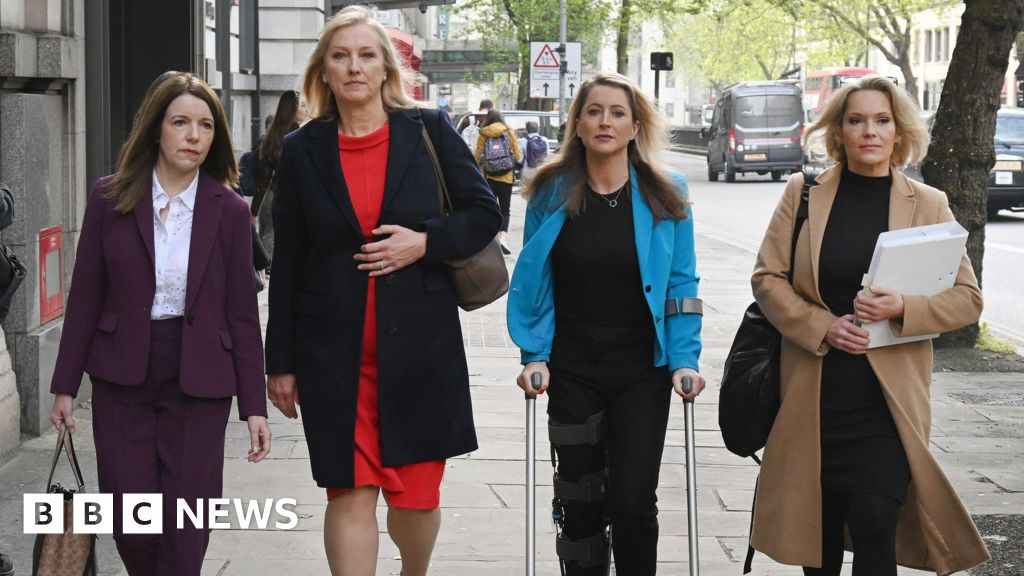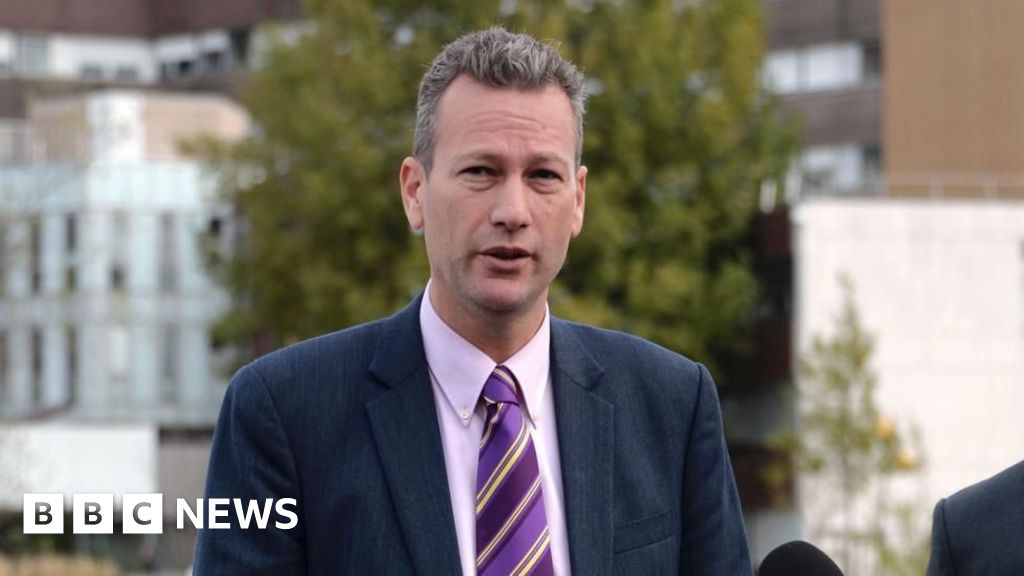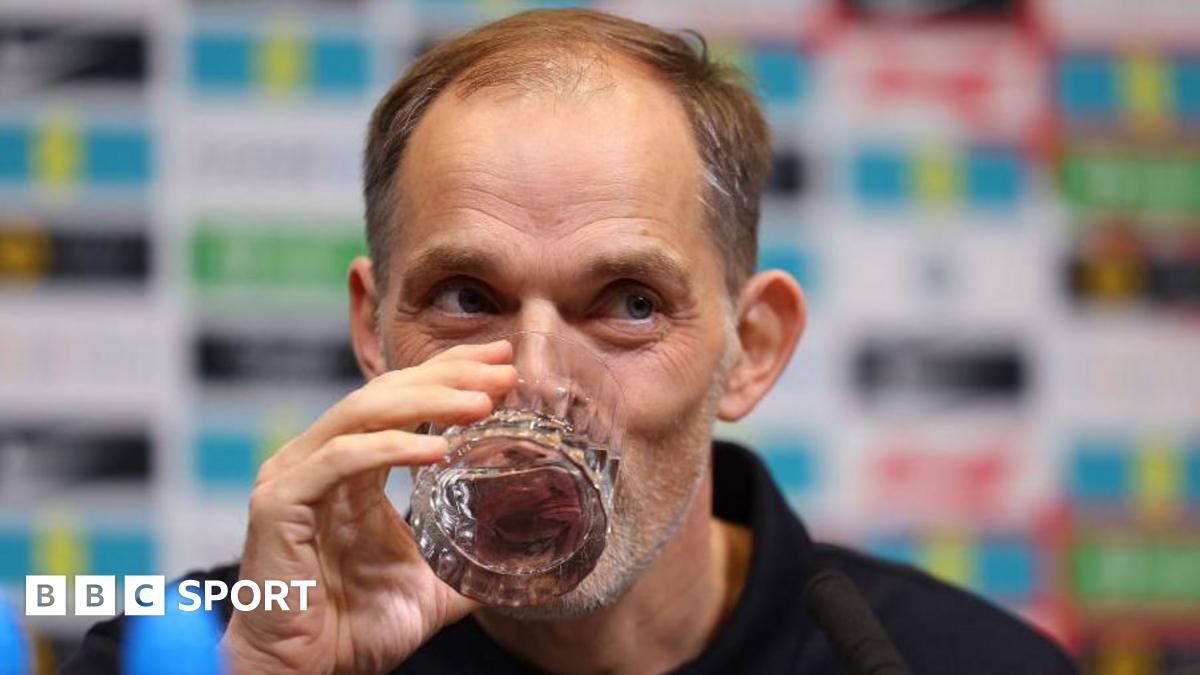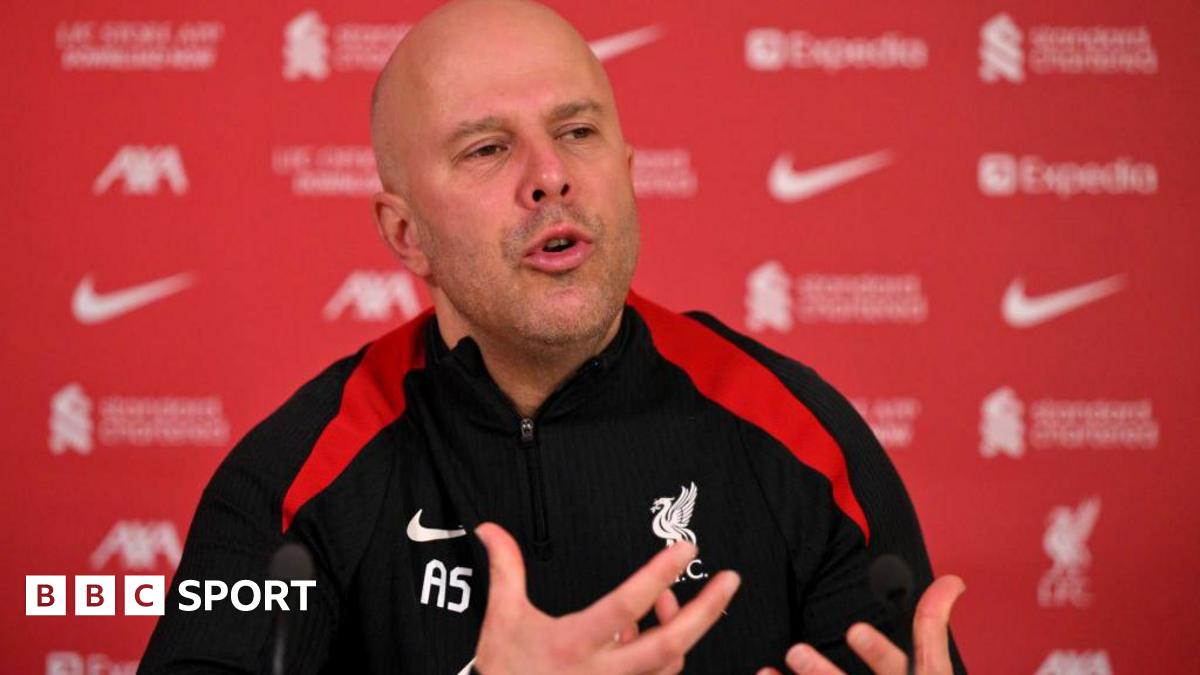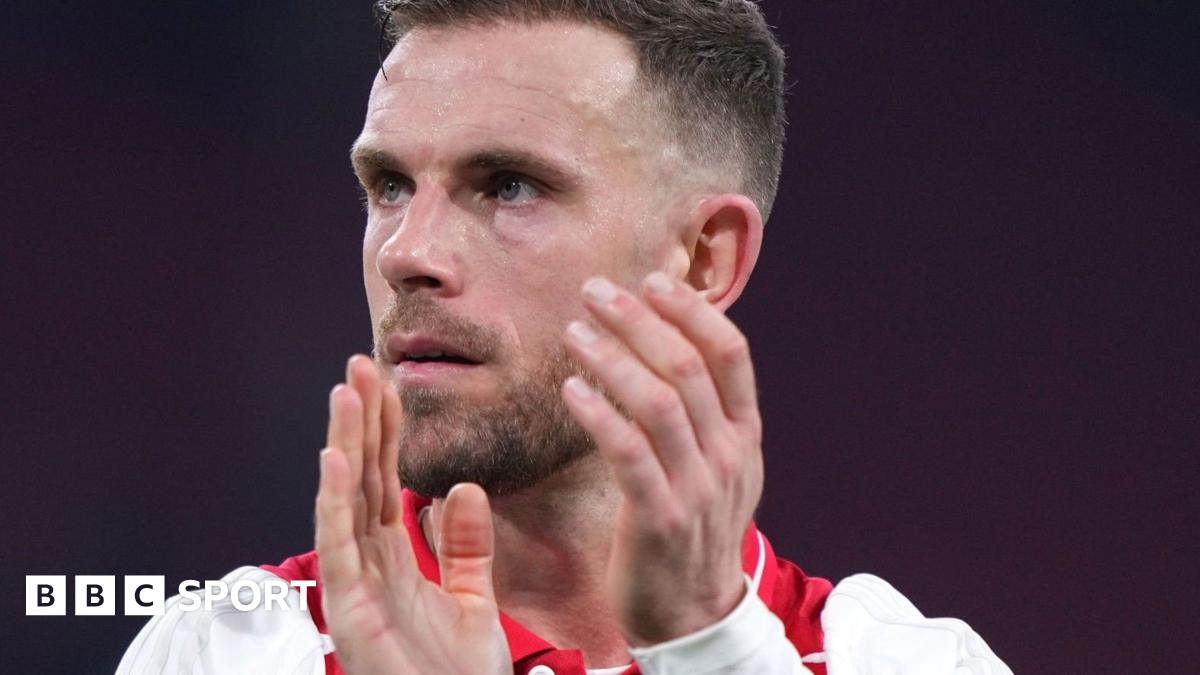Just now
By Eleanor Lawrie & Michael Buchanan, Social Affairs

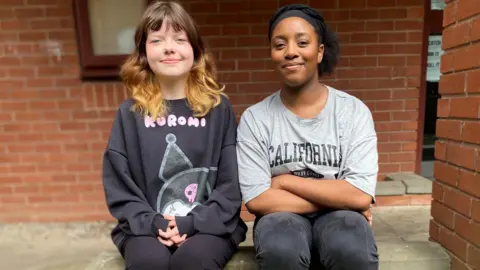 Look Ahead
Look Ahead
Charlie Gibbs (l) and Hannah Debellotte both live in supported housing
Charlie's on a day off from her job at a nursery, while Hannah has just started a course to become a nail technician. They've both come a long way since moving here in difficult circumstances.
Charlie's mother died from cancer when Charlie was 18, her father having already passed away.
When she first moved in she was given grief counselling and helped to get into a routine of cooking and cleaning.
"I didn't know how to look after myself, my mum had always done those things for me," says Charlie, who's now 22.
"If I didn’t have this place, the worst-case scenario would’ve happened because I didn’t have any family. I would’ve been homeless or worse. I was an adult in the eyes of the law but I was lost. I still needed that support.”
'I was lost without my family'

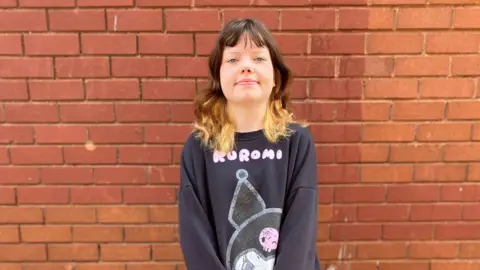 Look Ahead
Look Ahead
Charlie was orphaned when she was still a teenager
The pair live in supported housing, a type of accommodation that enables vulnerable groups - including domestic abuse victims, homeless people or those with a learning disability - to live semi-independently.
At their small block in East London, 16-25-year-olds can cook together, play pool or garden on the allotment, while support workers help them develop life skills and apply for jobs or training. Some were brought up in care, while others may be young parents.
'I didn't know how to manage money or cook'

 Hannah Debellotte
Hannah Debellotte
Hannah had to move out of home when she was still a teenager
Hannah, now 20, had to leave home as a teenager to escape a difficult situation.
"I wouldn’t know how to manage money properly or cook by myself. All the responsibility is now on me, so I wouldn’t be able to fully be by myself if it wasn’t for this place," she says.
"They help with trauma and they give you support through therapy."
Charlie and Hannah both say they feel lucky to have found this place. Look Ahead -their supported-housing provider - has recently had to close similar services due to local authority funding pressures.
It is a situation echoed across the supported-housing sector, with nearly a third of providers polled saying they've had to close services in the past year. More than half cited funding as an issue.

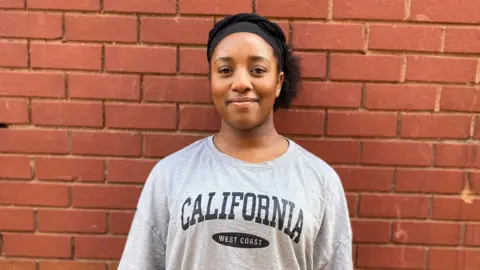 Look Ahead
Look Ahead
Hannah is now studying to become a nail technician
Emma Osei-Lah worked for some of Look Ahead's decommissioned youth services. She says young people were often shunted into B&Bs or hotels without any support.
"It's horrible because the young people don't know what's going to happen to them. [They're thinking]: 'Where am I going to go? How am I going to get the support that I need? How do I start my life journey without the help?' It's so important that we provide this."
Supported housing 'in crisis'

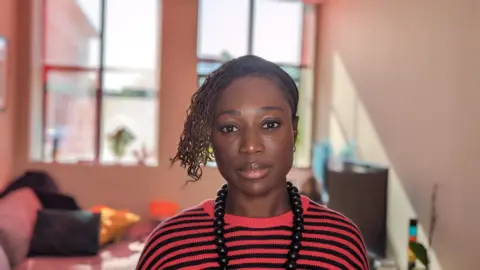 Look Ahead
Look Ahead
Emma Osei-Lah has worked at some of the services that had to close down
Polling by trade body the National Housing Federation (NHF) also found six in 10 supported-housing providers expected to close some services in the future.
The main reasons cited were funding restrictions or tough commissioning decisions for local authorities.
The trade body polled 124 supported-housing providers, responsible for more than two-thirds of the housing stock in the sector.
"Supported housing is facing a huge crisis at the moment," NHF chief executive Kate Henderson says.
"The key reason that services are at risk are huge pressures on local authority budgets combined with rocketing inflation.
"Without supported housing, people would experience homelessness, or maybe end up in residential care, in hospital or in an institution. That's bad for the taxpayer and it's bad for the individual."
The NHF is calling for the incoming government to reinstate ring-fenced funding for sheltered housing, so that councils don't have to find the money out of their existing budgets.
Its analysis suggests there are 1,540 fewer supported homes today than there were in 2007, while the population has grown by 12%.
Emma says the importance of supported housing "cannot be underestimated".
"One young person said to me, 'You're like the mum I never had', and that touches you. It's an adult figure, someone to go to and say: 'Hey, this happened' and you give them advice on things. It's their support system."

 9 months ago
43
9 months ago
43
